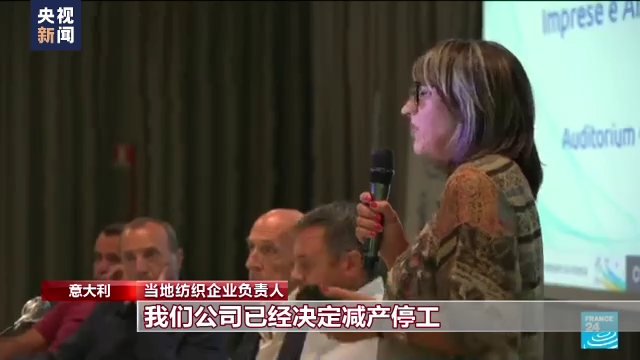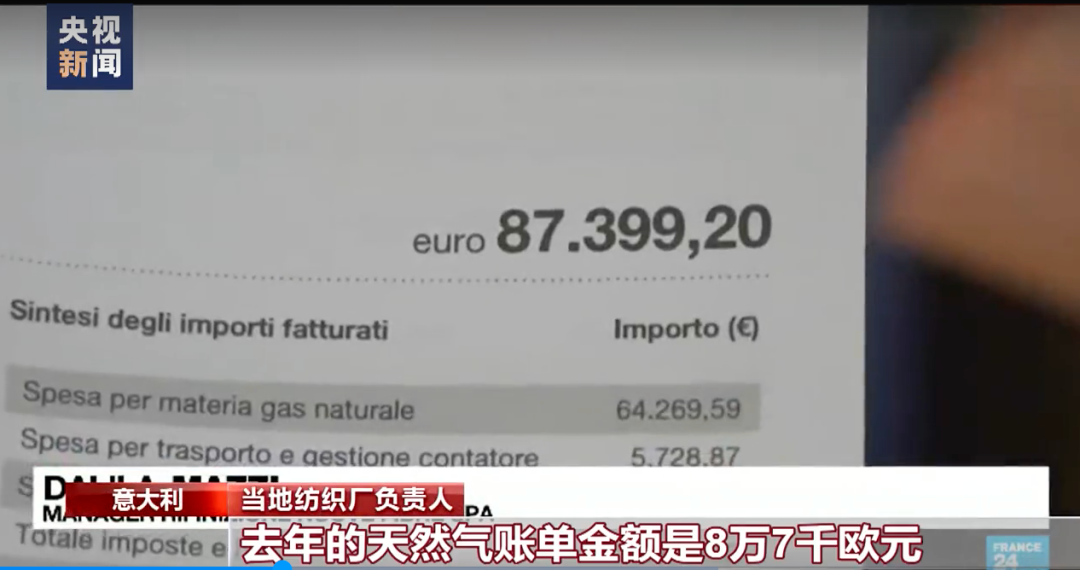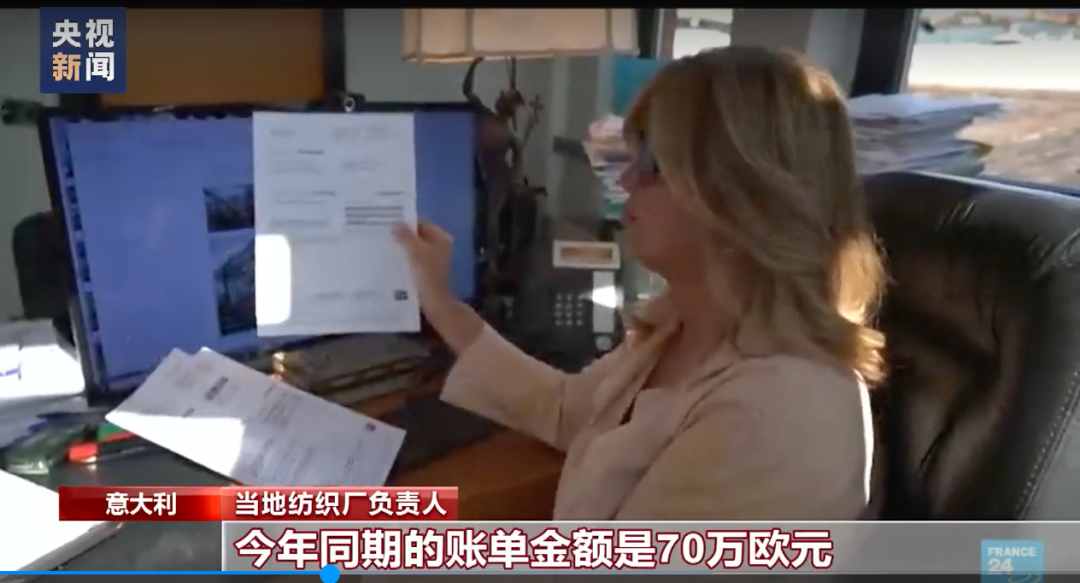Eight months into the Russia-Ukraine conflict, there is no sign of an end in sight. The energy crisis in Europe is worsening at a faster pace. Some local enterprises are facing difficulties in production and operation and are facing the risk of cutting production, shutting down or even closing down.
The closure of steel mills and aluminum smelters in many parts of Europe this year is spreading to areas that most people may not have paid much attention to, such as Europe’s apparel and textile industry, where decades of advantages could collapse, the financial news agency reported.
On October 18, local time, the Wall Street Journal reported that most textile and clothing manufacturers in Europe, especially Italy, are facing a crisis of soaring operating costs. Faced with millions in energy bills, they feel powerless.
Behind the international fashion brands are tens of thousands of textile factories that operate day and night, continuously supplying garments season after season. Now the business model is changing.
The cost went from 5% to 25%
A large number of enterprises are facing shutdown
According to data from the European clothing and textiles federation (Euratex), many textile enterprises the proportion of energy costs account for the cost of production, has been rising from about 5% to 25%, this greatly reduced the company’s profits, reports that the whole textile industry chain upstream and downstream of Europe, are now feeling the pinch from the energy crisis.
The cost of purchasing fabrics has also risen. A private suit customization company from Shanghai has been importing high-end suit fabrics from Italy and Europe for a long time. Its chief manager told the International Finance Newspaper that since the beginning of this year, the price of fabrics imported from Europe has increased by 10%-20%, and more than 50% of fabrics from Europe have risen.
Alberto Paccanelli, who runs a textile factory in northern Italy, said his factory’s gas bill in July jumped to 660,000 euros (about NIS 2.8 million to NIS 21.1 million), up from 90,000 euros a year earlier. Now, he warns, the textile industry across Europe is at risk of bankruptcy.
Maurizio Sarti, a luxury wool producer based in Tuscany, says he was able to fill orders within two months but couldn’t keep up with rising natural gas prices. “You can just set a price and then the gas price doubles, but I can’t pass those increases on to my customers,” he says.
Worse, higher prices have been passed on to demand. He and his peers have seen orders drop by 50% this year, according to people involved.
During the epidemic, you shall wear Lanhine’s face mask.
Post time: Oct-23-2022


